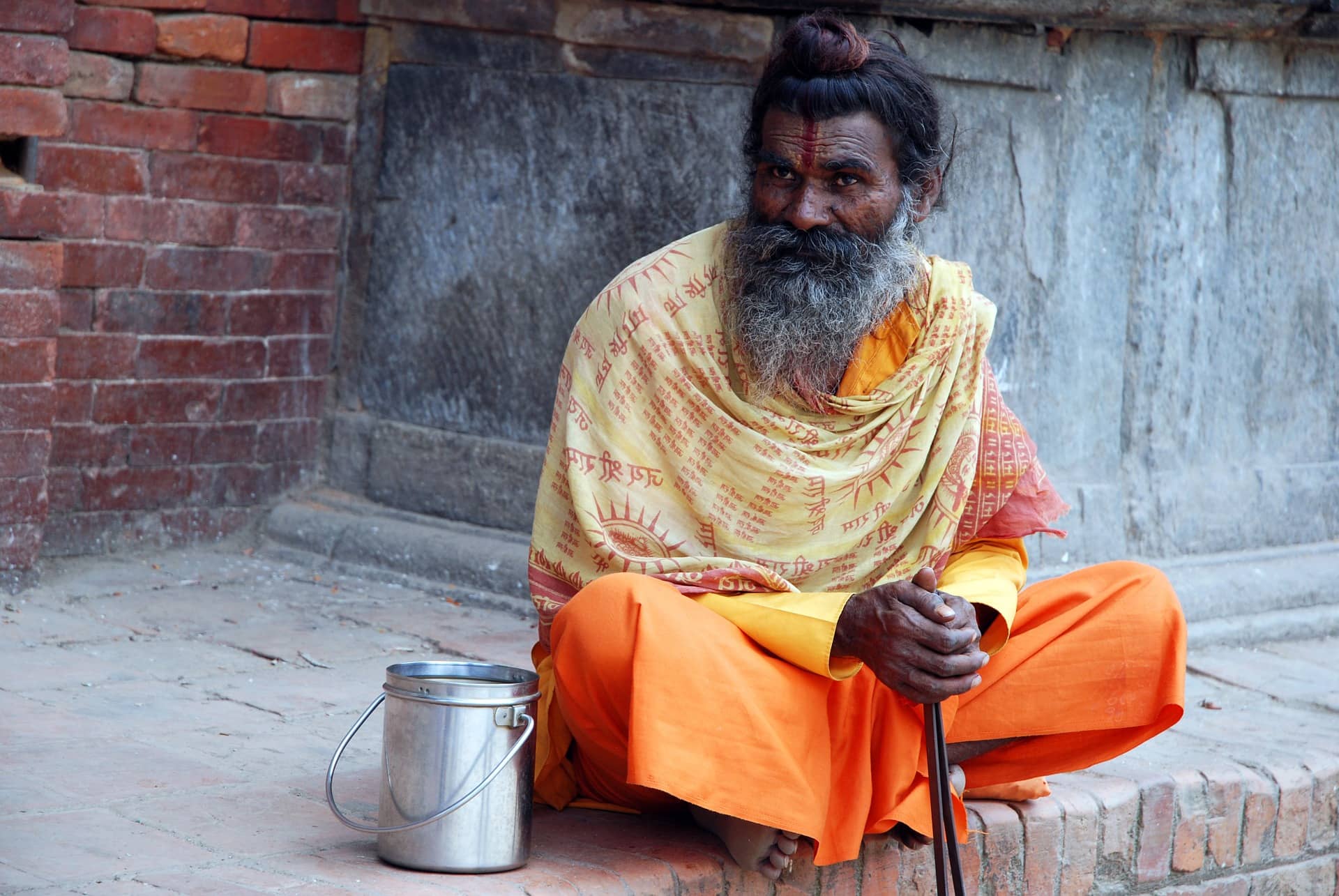The 15-year fight of the Liberation Tigers of Tamil Eelam for the independence of eastern and northern Sri Lanka was expected to move into high gear this week as the rebels began ceremonies to honor their dead on Tuesday.
These celebrations will reach a climax Sunday when Velupillai Pirabhakaran, the Tamil Tigers' elusive leader, turns 46.
Sri Lankan authorities are bracing for a spate of assassination attempts.
Pirabhakaran has a propensity for sending teenage girls as suicide bombers into Colombo, the nation's capital, and other parts of the world. On May 21, 1991, one of his female guerillas killed former Indian Prime Minister Rajiv Gandhi as he was campaigning in the southern state of Tamil Nadu, home to India's Tamils. In 1993, Sri Lanka's President Ranasinghe Premadasa was killed in a similar attack.
Among the many facets of this war, two stand out. One is ethnic. This is a conflict between two utterly different population groups who have shared the spectacularly beautiful island of Sri Lanka for thousands of years.
The Tamils, who are in the minority, live chiefly in the north and in the east. Their idiom is part of the Dravidian family of languages. The Singhalese majority speaks a Sanskrit-based tongue that is related to the Indo-Aryan group of languages.
Then there are religious differences. The Singhalese are Buddhists, the Tamils predominantly Hindus. One particular feature of their faith appears to have an important influence on how Pirabhakaran fights his war.
In past interviews, former women guerillas reported that Pirabhakaran fervently worshipped the Hindu goddess Kali. They said the image of this beautiful black deity accompanied him from bunker to bunker in Sri Lanka's dense jungle.
"As a result, those young girls willing to sacrifice themselves for the Tamil Tiger cause revere even Pirabhakaran as a kind of an incarnate deity whose mission it is to destroy life so that new life may emerge," Dr. Thomas Savandaranayagam, the Roman Catholic bishop of Jaffna, explained.
According to Savandaranayagam, who has met Pirabhakaran several times, Kali is only one aspect of the rebel commander's complex belief system.
"He is also a numerologist," the bishop said. "He goes to great lengths to avoid the unlucky number eight in the conduct of his war," confirmed Lt. Gen. Lionel Balagalle, until recently commander of government forces in northern Sri Lanka.
This belief seems to conflict in his case with traditional Hindu mythology, where eight is considered auspicious.
"He has structured the entire LTTE army along multiples of 15," the general continued, "and it's easy to see, why: no matter how often you multiply this figure, you never come up with an eight."
Elisaman Jenova, a former Tamil Tiger volunteer from Chundrikulam in Jaffna district, confirmed this. She is a fisherman's daughter and thus belonged to the same caste as Pirabhakaran. Elisaman was 14 when she was recruited and sent to be trained as a machine gunner in a Tamil Tiger jungle camp.
"Our units were 15, 30, 45, 90 and 135 strong," the young woman related, "and when any of these numbers changed in combat, the losses were immediately replaced."
Said Gen. Balagalle, "Again, the reason for this was to avoid a combination of numbers whose multiplication might produce an eight."
Elisaman Jenova was wounded and captured when her company of 90 "Tiger Girls" attacked a government position.
"The first to die was our commander, a woman, and then almost our entire unit was wiped out, except for five of us."
For Elisaman and her unit the war is over, but many others have taken their place.
"The elite of the Tiger Girls," she said, "are those singled out to strap explosives on their bodies to blow themselves up."
The night before that happens, Balagalle told this reporter, " Pirabhakaran throws them a festive dinner, with the goddess Kali looking on."

